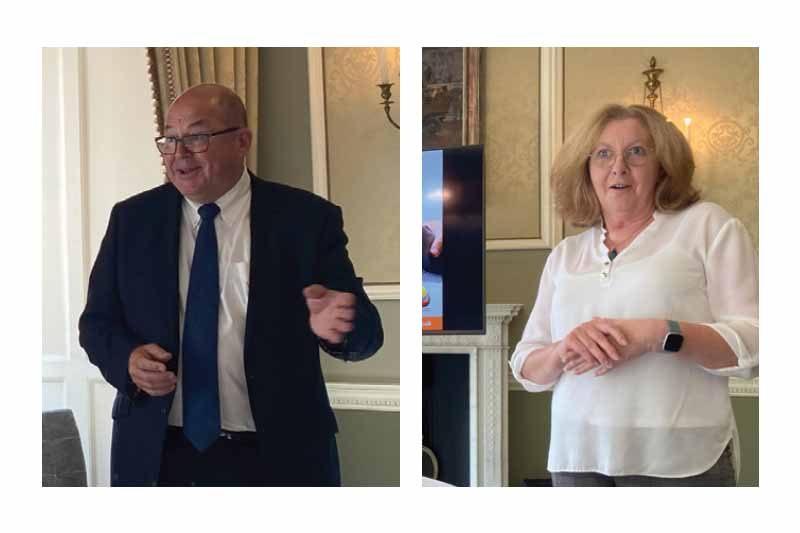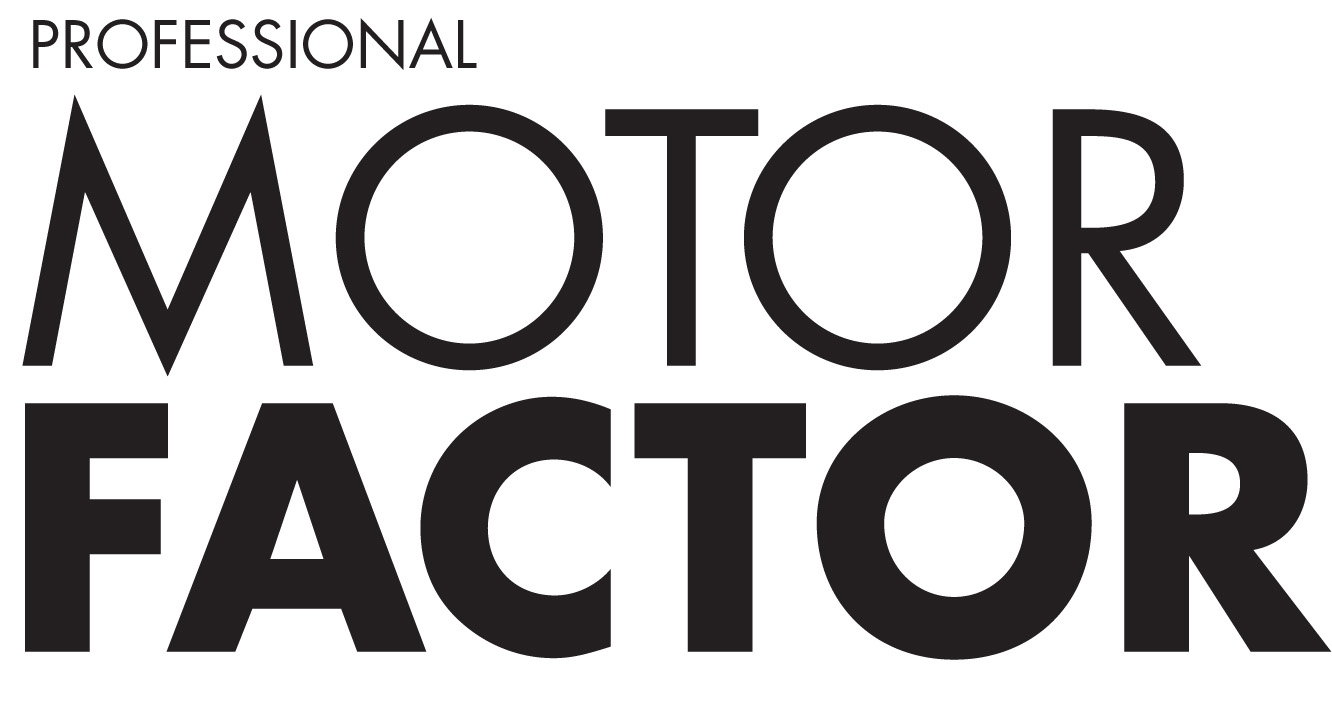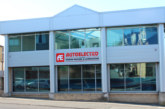VLS discusses lubricants at Royal Automobile Club

The prestigious Royal Automobile Club in London played host to an exclusive gathering of automotive press, organised by the Verification of Lubricant Specifications (VLS). As the editor of PMF, Tom Henman was fortunate to receive an invitation to this noteworthy event, and here he provides a glimpse into the day’s discussions.
The Royal Automobile Club, steeped in automotive history and opulent tradition, served as a fitting backdrop for a conversation centred on the direction of lubricant specifications. The event was a platform for experts to deliberate on the evolving landscape of lubricant technology, compliance and the role lubricants play in modern-day automotive engineering.
The day began with a warm welcome and introduction to the new chair of VLS, Jacquie Berryman – you may already have checked out her CV in our regular ‘movers and shakers’ section (Pg 11).
In her role as chair, Jacquie is determined to support the industry through the transition to alternative fuels, the implementation of Euro 7 and future ACEA changes. Furthermore, she is keen to preserve but also bolster VLS’ track record in managing non-compliance, not to mention the goal of protecting and educating end-users.
Flicking through a presentation, leading up to a superb performance by Alan Outhwaite, VLS’ head of the technical review panel (TRP), Jacquie revealed that during the last decade, VLS has tackled 95 cases in total – 11 of which are currently under investigation. She added that 12 cases have been received in 2023 alone – the highest number since 2016.
Observing the journalists all scrambling to take notes or reach for their recording devices at this point, Alan took centre stage to explain the case handling process:
– Complaint is verified
- Sourced and tested as necessary
- Must be on sale in the UK
– Evidence is anonymised and reviewed by the TRP
- Volunteer experts from across the industry
– Secretariat enters a period of dialogue with the Named Party
- Right to reply/take action
– Once resolved, full details are published on the VLS website
- If the Named Party does not take appropriate action, the Secretariat publishes full details to the VLS website and refers the case to Trading Standards
– Complaint is reviewed after six months to confirm continued compliance
Alan acknowledged that the vast majority of cases have related to passenger vehicle engine oils; however interestingly, over the last 12 months, the diversity of cases received has been greater than ever before, thanks to the awareness campaign of VLS, which has extended to “all aspects” of the UK lubricants industry.

A series of graphs followed, leading to many of my press colleagues starting to sympathise with Alan, as we devoured our three courses!
Back to the serious stuff: the number one cause of complaint is non-compliance with stated specifications. In several cases, VLS has investigated products which have been found to be claiming mutually exclusive claims due to the chemical or physical attributes required. Equally, cases have been investigated using the term ‘manufacturer approved’ for which no evidence could be found or making generalised claims for which no substantiation was provided.
In 2019, VLS introduced its Marketing Claims Guidance to bring clarity; the year after, VLS went one step further by entering into a Primary Authority relationship with Trading Standards.
The presentation was a stop-start affair, perhaps frustrating for Alan who still couldn’t tuck into his salmon! But that was due to the level of engagement, questions thrown at him, or discussion points thrust across the room. It was a hive of activity and debate.
As a result, I asked Alan’s permission to hold a one-to-one interview, to discuss some of the finer points of his presentation, how VLS supports and will help motor factors in the future, and what the future of the lubricants industry looks like – and whether that will challenge VLS further.
Thankfully, Alan agreed, and the interview is available to read in December’s issue.








